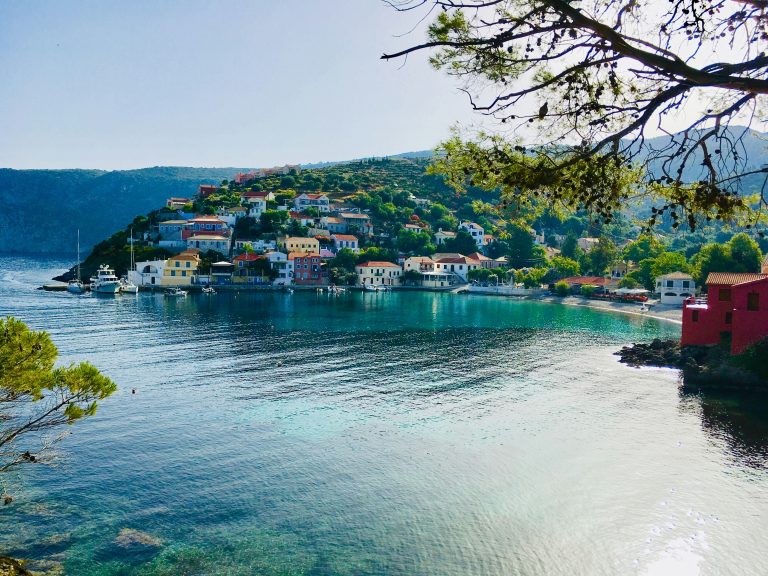Recently, there has been growing concern about Greece’s declining population. With the birth rate falling below the EU average and an aging population, the country faces a significant economic challenge. The brain drain, where skilled professionals leave for better opportunities abroad, combined with rising life expectancy, puts immense pressure on Greece’s health and pension systems.
At the heart of the issue lies the fact that fewer people are choosing to have children. Many of my generation, both here and abroad, are consciously opting out of starting families. This trend is not unique to Greece, but in a small country like ours, the effects are more profound. As older generations make up a larger proportion of the population, fewer young people are left to support the economy. This, in turn, puts more strain on the younger workforce, which is already stretched thin.
Economic factors certainly play a role. The financial burden of raising children is often cited as a reason for delaying or foregoing parenthood altogether. However, beyond the economic argument, there is a deeper issue. Our society has been influenced by narratives of overpopulation and resource scarcity, which have swayed many away from the idea of having children.
Reflecting on my own experience, becoming a father was life-changing. It made me realize that life isn’t just about career success or financial stability. Having children brings a new level of purpose, responsibility, and joy that can’t be matched by anything else. For me, the decision to have kids wasn’t about waiting until I had everything perfectly figured out. It was about embracing the unknown and the challenges that come with it.
I can’t help but think of friends who wanted children but missed their window due to age or circumstance. It’s a painful realization that once that opportunity passes, it doesn’t come back. For men, the window may be wider, but for women, the biological clock is real. And while it’s not everyone’s path to have children, I believe it’s an experience that enriches life in ways many may not realize until it’s too late.
In Greece, this issue is further exacerbated by the lack of incentives for families and the economic hardships faced by many. In rural areas, schools are even closing due to the lack of children. The population decline is visible, and unless action is taken, we risk becoming a country dominated by an aging population with fewer young people to carry on our legacy.
As a father of two daughters, my biggest fear is that they might choose not to have children themselves. It would break my heart to see our family’s legacy end. While it’s ultimately their decision, I hope they realize the value of family and the joy it brings.
To tackle Greece’s population crisis, we need to encourage both locals and immigrants to build families here. Creating more supportive economic conditions, offering family-friendly policies, and changing the narrative around parenthood could help reverse the trend. This is a pivotal moment, and Greece’s future depends on how we address this challenge today.



